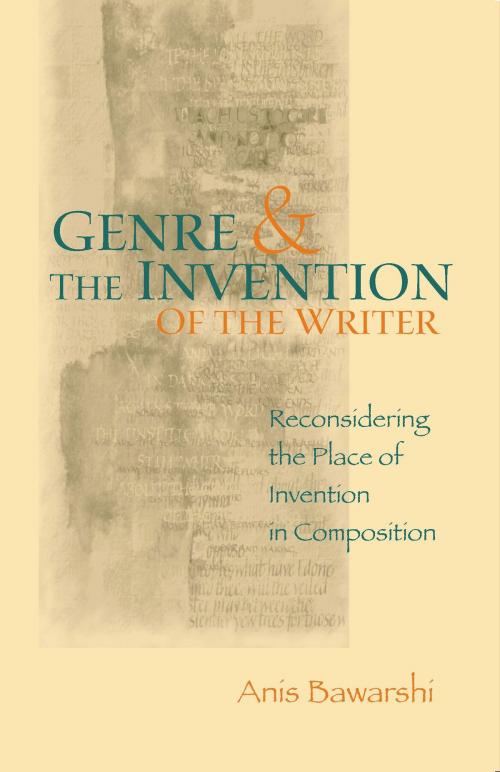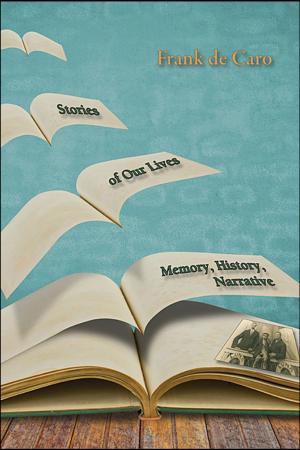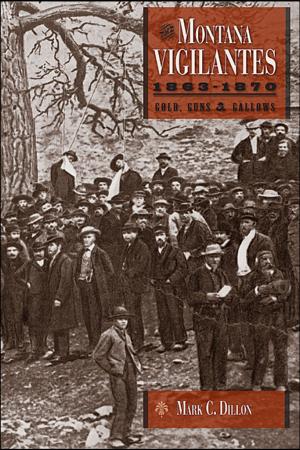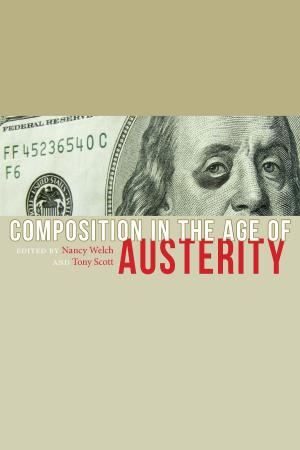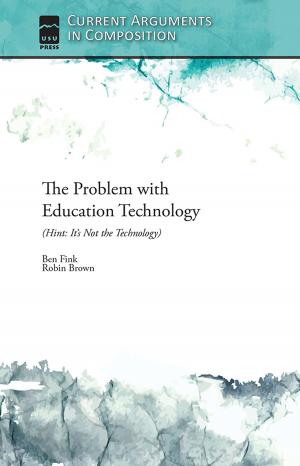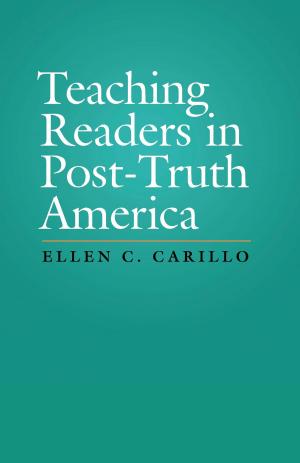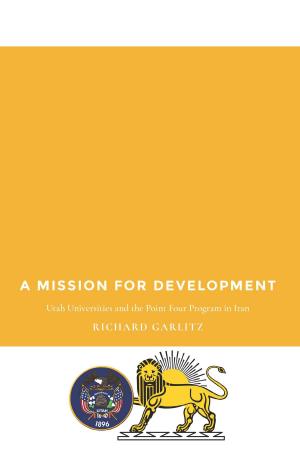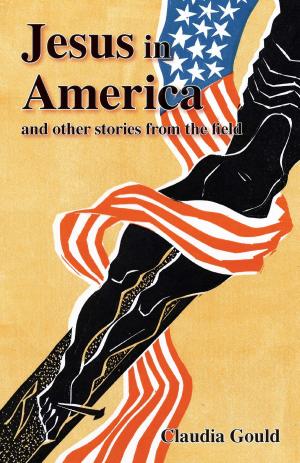Genre And The Invention Of The Writer
Reconsidering the Place of Invention in Composition
Nonfiction, Reference & Language, Language Arts, Public Speaking, Rhetoric, Writing & Publishing, Composition & Creative Writing| Author: | Anis Bawarshi | ISBN: | 9780874214765 |
| Publisher: | Utah State University Press | Publication: | December 1, 2003 |
| Imprint: | Utah State University Press | Language: | English |
| Author: | Anis Bawarshi |
| ISBN: | 9780874214765 |
| Publisher: | Utah State University Press |
| Publication: | December 1, 2003 |
| Imprint: | Utah State University Press |
| Language: | English |
In a focused and compelling discussion, Anis Bawarshi looks to genre theory for what it can contribute to a refined understanding of invention. In describing what he calls "the genre function," he explores what is at stake for the study and teaching of writing to imagine invention as a way that writers locate themselves, via genres, within various positions and activities. He argues, in fact, that invention is a process in which writers are acted upon by genres as much as they act themselves. Such an approach naturally requires the composition scholar to re-place invention from the writer to the sites of action, the genres, in which the writer participates. This move calls for a thoroughly rhetorical view of invention, roughly in the tradition of Richard Young, Janice Lauer, and those who have followed them.
Instead of mastering notions of "good" writing, Bawarshi feels that students gain more from learning how to adapt socially and rhetorically as they move from one "genred" site of action to the next.
In a focused and compelling discussion, Anis Bawarshi looks to genre theory for what it can contribute to a refined understanding of invention. In describing what he calls "the genre function," he explores what is at stake for the study and teaching of writing to imagine invention as a way that writers locate themselves, via genres, within various positions and activities. He argues, in fact, that invention is a process in which writers are acted upon by genres as much as they act themselves. Such an approach naturally requires the composition scholar to re-place invention from the writer to the sites of action, the genres, in which the writer participates. This move calls for a thoroughly rhetorical view of invention, roughly in the tradition of Richard Young, Janice Lauer, and those who have followed them.
Instead of mastering notions of "good" writing, Bawarshi feels that students gain more from learning how to adapt socially and rhetorically as they move from one "genred" site of action to the next.
